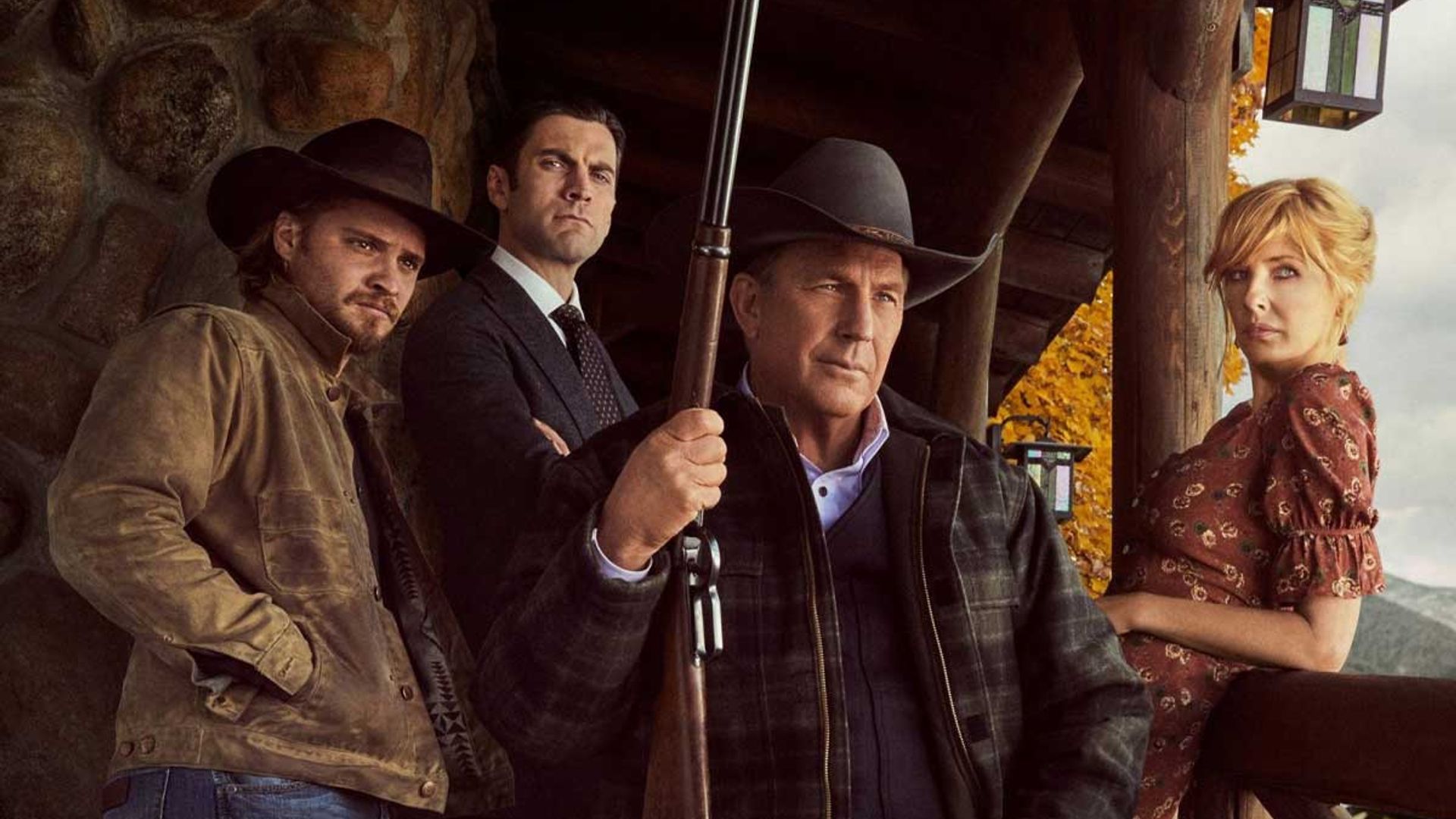
The meeting between the Governors of California, New York, Massachusetts, Maryland, New Jersey, and ten other states were effectively a formality. The final details of a document had already been negotiated by their political staff, and the decision to meet in Independence Hall, in the Pennsylvania state house was deliberate.
The Independence Hall Compact, or IHC as it was called was purposely launched in the same place both the Declaration of Independence and the Constitution were signed.
The governor of New Mexico was chosen to lead the press conference to avoid the impression that it was just north-eastern states traditionally liberal states that had signed the agreement.
The governor introduced the group, and explained the core objective. Gun crime was out of control, and action had to be taken. The hard-right US Supreme Court had essentially ruled that the Second Amendment prevented significant action against individual gun owners.
In that light, the governor announced, they were going to try something new. They were going to enforce a plain text reading of the Second Amendment, in full, in their states.
“The amendment is very clear. It reads “A well-regulated militia being necessary to the security of a free state, the right of the people to keep and bear arms shall not be infringed.” We shall defend and apply the amendment to the letter. We shall require every gunowner to register and train with state militias that we shall form, as the amendment demands.”
The response from Fox News and others on the right was hysterical. Right-wing scholars were quick to point out that many jurists believed that the first section of the amendment was merely an observation, as opposed to an obligation.
The governor addressed this head on.
Quite simply, he said, we disagree. We are going to require every loyal citizen of our states, who owns a gun, to play their role as required of them by the Founding Fathers. We will insist that the Second Amendment be respected in full.
The plans were well-advanced, and ready to go within days of the launch. The new militias would be locally-based, and headed up by retired veterans and former US Marine drill sergeants, and the first meetings were relaxed affairs where many legal gunowners just turned up to understand what the plan was.
The governors had been very careful in their preparation: the first meetings were very informal, and more akin to well-run gun clubs. Locals were asked to vouch for each other, and many of the militias were immediately challenging neighboring militias to good-natured shooting competitions. Every meeting started with the officer in charge stressing they were not there to take anybody’s guns, but to encourage good practice and responsible ownership. Requests for LGBTQ and other minority militia groups were agreed to, and soon those militias were being trained and drilled.
One black militia group decided to drill in tailor-made uniforms based on the US Army civil war blues. The sight of 200 black men and women marching with AR15s behind a poster of Lincoln and John Brown, singing the Battle Cry of Freedom, sent the resident hysteric on Fox News into emotional breakdown, and he screamed at the camera that this was a communist plot and called on all gunowners to refuse to participate.
Many gunowners were indeed suspicious, but the vast majority of gunowners in America are also law-abiding, and indeed many of them felt that the NRA was not speaking for them.
A particular incident in Virginia set the tone for the proposal when a group of far-right NRA supporters turned up at a meeting with the intention of disrupting it. The scene was familiar, a group of angry people in body armour and brandishing semi-automatic rifles, standing about as if they were some sort of security force.
When they attempted to enter the local community hall being used for the event, the commandant of the militia, a retired marine colonel, stopped them at the door to inquire were they coming with the intention of registering themselves and their weapons to join the militia?
When the expletives started he refused them entry. Things got heated, and he gave the signal. Suddenly, the intruders found themselves surrounded by the state militia, all shielded behind walls and vehicles and pointing their guns at them. A local news team filmed the event, and the withdrawal at speed of the hardliners unused to not being the only armed group on the scene provided much material for late night comedians.
The NRA and the Republicans vowed to take the actions of the governors to the Supreme Court, and pundits predicted that the court would indeed rule that the governors were wrong. But as one pundit pointed out: by the time the court does strike down the law, the state militias will be active, with thousands of moderate legal gunowners who will have found that it is not a plot to take their guns but also a place for friendship and sensible gun practice, and at worse the court can strike down the requirement to join a militia, but not the militias themselves. The fact that all militia members had access to a confidential line to report someone they felt should not have a gun resulted in a lot of tip-offs to state police, and stopped a number of potential mass shootings.
As for the issue as to what states should do with those gun owners who refuse to register with their local militia, the state police were quick to target extremists and move against them, whilst writing to most others inviting them to join. The social side of the state militia, with the inter-militia competitions, focus on training of civilians in sensible gun ownership and family BBQs, all funded by the state governments, ensured that the membership of the militias grew steadily. The elevation of the militia shooting championships into a national competition also spiked membership by appealing to Americans’ inherent competitiveness.
The raids by SWAT teams on targeted extremists was leapt on by the far-right as proof of “they’re coming for our guns!” but the governors were quick to juxtapose those men with their Nazi flags and the families at State Militia events enjoying themselves, their weapons safely holstered, prizes been awarded for shooting excellence, and huge amounts of BBQ being devoured.
In non-militia states the debates went in unusual directions. The sight of black, Hispanic, gay and Islamic Americans drilling with semi-automatic weapons caused alarm and calls for state militias to be formed in those states, which in turn created states problems as they had passed knee jerk laws to ban state militias and any form of registration or list taking “by the guvm’nt” after the IHC.
“How the hell am I supposed to form a state militia when I’m barred by law from writing anybody’s name down?” The Mississippi Secretary of State asked.
When the case finally reached the Supreme Court, the California attorney general led the case against the Texas AG. The California case was straight forward: a plain text reading of the amendment at best does link gun ownership and militia ownership, and at worst this is a case for the states to decide. She summed up by being very blunt: in her opinion, it is not just the Second Amendment on trial here but the court itself. The court overturned Roe Vs Wade by saying it wasn’t up to judges to legislate, and the letter of the constitution must be kept to.
“If you overturn the compact, your honours, the message is clear. That the court is effectively a partisan third chamber of the legislature, bending from states rights and plain text to judicial activism as it suits the pursuit of a specific political agenda. This is a matter for the states to decide. The wording is clear, and your ruling will tell us whether you are a court of impartiality, or a de facto House of Republican Lords.”









